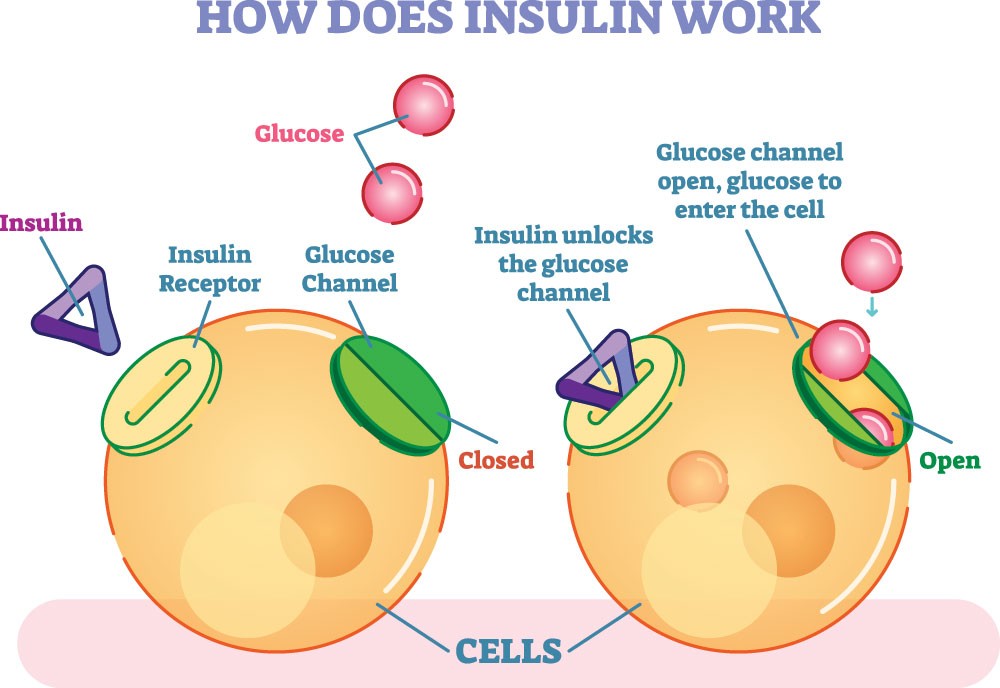Dr. Ashwini Sarode Chandrashekara
Last updated on April 8th, 2022Imagine waking up feeling more energetic than ever, having shed those stubborn pounds, and experiencing mental clarity like never before. These are some of the touted benefits of ketosis. But what if your body goes too far, resulting in a potentially life-threatening condition? This is where diabetic ketoacidosis (DKA) comes into …
Last updated on July 17th, 2023A person might have taken a course of antibiotics at some point in his or her life. Maybe he or she has consumed Penicillin being a child for treating strep throat. Or possibly have been given Azithromycin for a sinus or upper respiratory infection. Without a doubt, antibiotics are lifesavers in …
Last updated on November 2nd, 2023The pancreas is a tiny gland that helps with digestion and controls sugar in your blood. It makes juices and hormones to keep you healthy. Now, the pancreas might struggle to produce enough insulin in conditions like type 1 diabetes (when the immune system attacks insulin-making cells) and type 2 diabetes …
Last updated on January 31st, 2022Diabetes occurs when the immune system accidentally attacks and destroys insulin-producing cells in the pancreas. Insulin is a body hormone that is necessary for metabolism as it processes carbohydrates from food. Without sufficient insulin, blood sugar levels can skyrocket or fall short, leading to severe complications or death. People with DM …
Last updated on November 10th, 2023The rising cases of type 2 diabetes have spurred a growing interest in its management and potential reversal. Once considered a chronic and irreversible condition, recent research has illuminated the possibility of significantly improving blood sugar control and even remission through targeted lifestyle changes. According to new diabetes data, one in …
Last updated on September 27th, 2022Every parent is familiar with the fact that their toddlers and kids sleep and drink a lot. However, if the child is unexpectedly much dizzier or thirstier as compared to normal, it could indicate type 1 diabetes. It can also be termed juvenile diabetes as a majority of individuals who suffer …



 English
English













